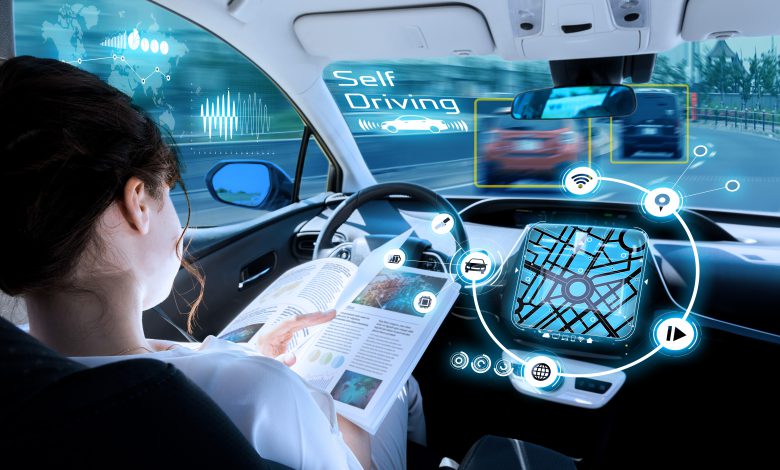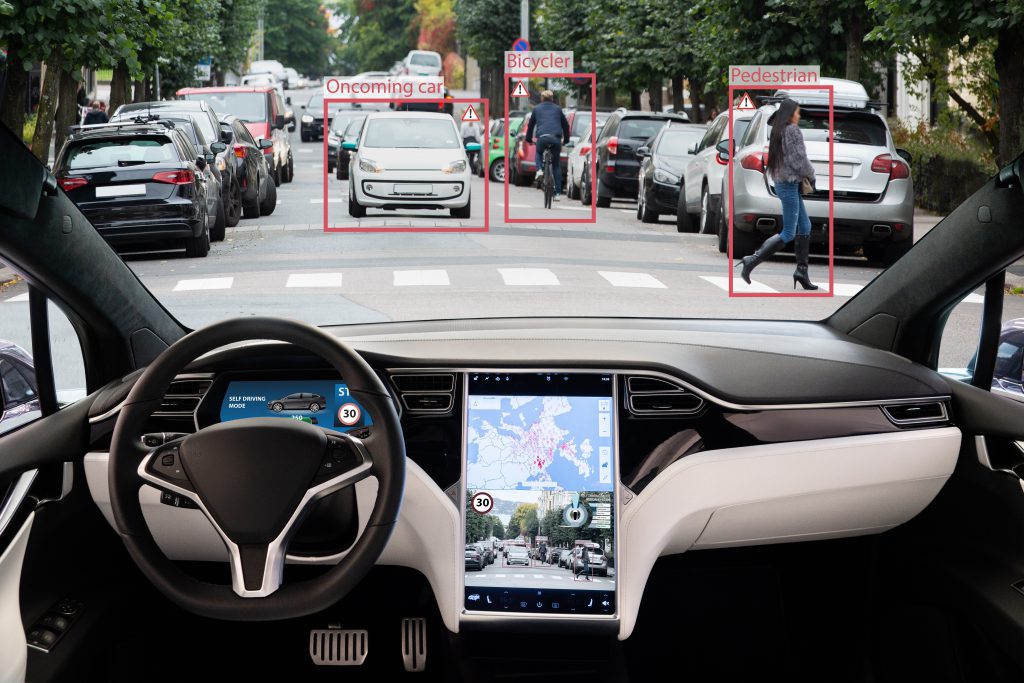Car Wreckers Hamilton: Top 5 Tech Trends In The Automotive Industry

Technologies such as artificial intelligence, data analytics, robotics, and digital connectivity, among others, have enabled cars to perform things only seen in movies.
These advancements have made it possible to drive electric vehicles or work and stay connected while traveling. Undoubtedly, car manufacturers have been collaborating with tech companies to provide products that aren’t only safety-compliant but, more importantly, capable of enhancing the overall driver and passenger experience. While the use of some of these technology-forward cars is still limited, it’s only a matter of time before they’re mass-produced so that more consumers can get their hands on these vehicles.
As an aside, car wreckers Hamilton are crucial to automobile makers. These companies remain the primary source of recycled car materials, notably steel and plastics. As such, car wreckers Hamilton facilitates the recycling of scrap vehicles to make way for new and technologically-advanced models.
Below are a few of the technologies being adopted by the automotive sector and how they may benefit you and countless other motorists.
1. Electric vehicles
Automobile manufacturing, use and storage have posed problems in the environment, as they burn a significant amount of carbon and other gases that contribute to global warming. Vehicles that ply the roads contribute about 15% of the world’s total carbon dioxide emissions, causing environmental degradation.
Car manufacturers and tech companies have teamed up to produce electric vehicles to mitigate this impact. Unlike traditional wheels that car wreckers Hamilton handle, these are run by rechargeable batteries, making them reliant on renewable sources and not fossil fuels. These cars are also easy to maintain. The only downside is the limited availability of charging stations in rural areas. (1) (2)
2. Artificial intelligence
Artificial intelligence (AI) is used in multiple business applications. In the automotive industry, AI retains its flexibility and is responsible for improving and automating several processes. The technology enhances manufacturing, fleet management, safety, vehicle inspections, and more. Car makers rely on AI to improve production efficiency and lower costs. Meanwhile, it can enhance a car’s essential functions, such as collision avoidance, pedestrian and traffic alerts, cruise control and automatic braking systems. (1)
Artificial intelligence is also being used to monitor drivers’ vital signs to help indicate and avoid impending road collisions, among other innovations, escalating road safety to higher levels. Additionally, AI is also being applied to predict maintenance requirements. (3)

3. Autonomous vehicles
Besides electric cars, the automobile sector is gaining traction, driving its value to USD$ 2,161. 79 billion by 2030 from USD$76.13 billion in 2020, per prediction by Allied Marketing Research. The said figure represents a 40.1% compound annual growth rate, and as more applications are being explored, these figures are likely to expand. (3)
Self-driving cars work by relying on sensors and software to operate a vehicle. In addition, they utilize AI-driven technology such as pedestrian-behavior prediction and computer vision to make road use safer. As this becomes widespread, fewer human drivers are expected on the road. Therefore, there’ll be fewer chances of collisions due to fatigue, error and negligence. (1) (2)
4. Human-machine interface (HMI)
Human machine-interface technology refers to the user-based voice and touch technologies for communication. Integrated into automotive products, HMI enhances driver interaction with their vehicles. As such, drivers and passengers can experience better control over their vehicle’s functions and features. (1)
Besides voice-activated and touch-based instructions, HMI-enabled cars use natural language processing or NLP and AI to ask virtual assistants to perform numerous tasks, including asking for directions and making calls. (4)
5. Vehicle connectivity and the Internet of Things (IoT)
Like computers, vehicles possess a unique digital identity that makes it easier to track and exchange data and information with each other or with third parties. Insurance companies, fleet management firms, and other industry players are using this connectivity to track vehicles and their routes and enhance driver safety and efficiency, among other things. These applications can reduce the documentary requirements for several private and government transactions. (1) (2)
In terms of fleet management, connectivity and IoT enable easy tracking and help notify owners and managers of predictive maintenance needs, alongside route optimization, significantly reducing fuel wastage and downtime. Additionally, IoT-enabled vehicles may increase convenience by allowing passengers to perform multiple tasks like ordering food or video and audio streaming. (1)
Conclusion
Future cars continue to be eco-friendly and technologically advanced. Alongside these industry-disrupting breakthroughs, enabling technologies promote comfort, convenience, multimedia use, performance and safety.
These enhancements allow consumers and the riding public to access safer and more reliable vehicles. As a result, humans can ply the road with fewer worries because of enhanced safety, connectivity, driverless cars and virtual assistants embedded in these machines.
References
1- “Top 10 Automotive Industry Trends & Innovations in 2022”
2- “6 Tech Trends Transforming the Automotive Industry”
source: https://hivelife.com/automotive-industry-tech-trends/
3- “Autonomous Vehicle Market Statistics 2030”
Source: https://www.alliedmarketresearch.com/autonomous-vehicle-market
4- “The Top 6 Automotive Technology Trends in 2022 and Beyond”
Source: https://content.intland.com/blog/the-top-6-automotive-technology-trends-in-2022-and-beyond




